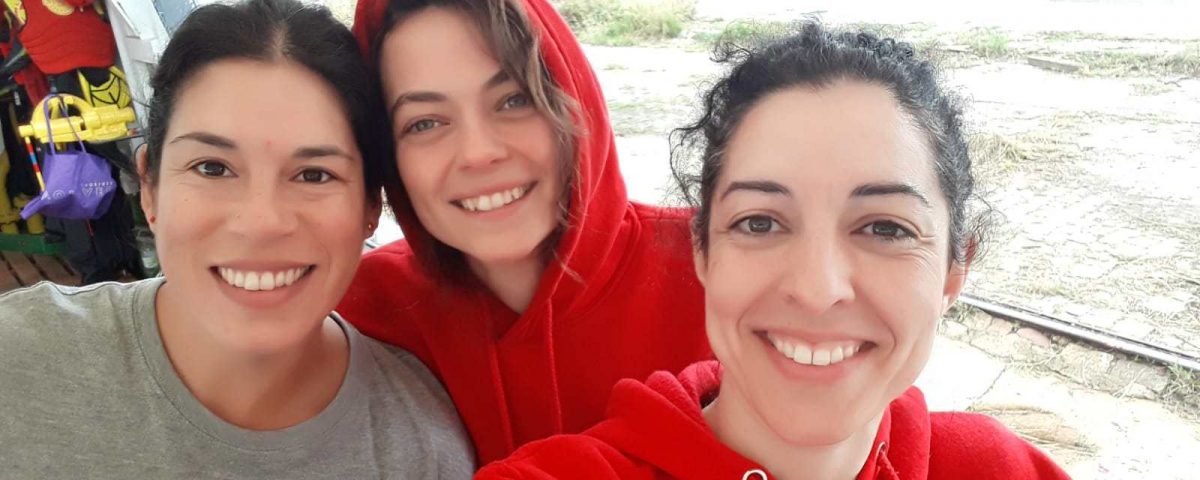- Mediterranean Hope - Federazione delle chiese evangeliche in Italia
- mh@fcei.it
Resist against the humanitarian drift
(NEV) Doctor Valeria Sottani has just returned from a mission aboard the Open Arms ship of Proactiva which has been collaborating with the Federation of Protestant Churches in Italy (FCEI) for some time now. We interviewed her.
Doctor Valeria Sottani has just returned to Barcelona after a 15-day mission aboard Open Arms, the ship belonging to the Spanish Proactiva NGO which has a partnership with the Federation of Protestant Churches in Italy (FCEI).
We contacted her while she was still in Spain aboard the Open Arms in the port of Barcelona, waiting to find out if she will be part of the next mission departing on 12 December.
You call yourself a lay person, but for this mission you decided to rely on the Federation of Protestant Churches in Italy.
In my life I have collaborated with both secular and religious organisations because I believe that an important humanitarian emergency, such as that of refugees, needs every effort possible and cannot be classified in any category. One can choose the humanitarian commitment for different reasons. I simply see no alternative to helping those in difficulty.
You have already collaborated with German Protestant Churches.
In Germany, I collaborated with the Protestant Church in a refugee camp with 1200 refugees. In 2015, when the borders were opened to welcome the constant and intense flow of refugees – or migrants, to me they are the same – coming from the Balkan route, an effective network of solidarity was established between secular and religious associations, both governmental and non-governmental. The Protestant Church took care of a large number of camps, and I was lucky enough to work in one of them.
How was your experience aboard Open Arms? What did you expect before you left and what did you find on board?
Working with Open Arms was above all a privilege. I have the impression that many people, more than what is publicly reported, feel more involved in the humanitarian resistance against the recent drift that we are seeing in virtually all European countries. Embarking means being able to witness first-hand the situation in the central Mediterranean and to contribute personally to a project of active resistance with one of the few NGOs left at sea. I have known about Proactiva since it started operating in Lesbo. At that time I was in Germany working with migrants who crossed the Aegean. It is an organisation that not only contributes actively with valuable experience in rescuing migrants, but also ensures a constant, tireless and direct testimony of the situation at the Mediterranean “border”.
What does it mean for a doctor to engage in a mission like this? How do you see your future?
I chose to be a doctor when I was little more than a teenager, because I hated seeing people suffer. The fight against suffering and pain is still by far my main professional mission: participating in humanitarian activities is therefore an integral part of my work and my life. I think it is difficult to feel motivated to work in privileged medical contexts when you are surrounded by so much inequality in the redistribution of health resources. For what it’s worth, perhaps not much, I choose to bring my small contribution to the most meagre plate of the scale in an attempt to rebalance it.
Has this experience changed you? What did you learn?
On the boats of the NGOs in the Mediterranean, I learned not to be overwhelmed by the horror of the events and to react. I learned to fight the despondency of indifference by the institutions. I learned to actively resist hate, made of facts. On boats of the NGOs, there are people who give every life the same value and who rebel with tireless determination against the drift responsible for this unstoppable massacre.





